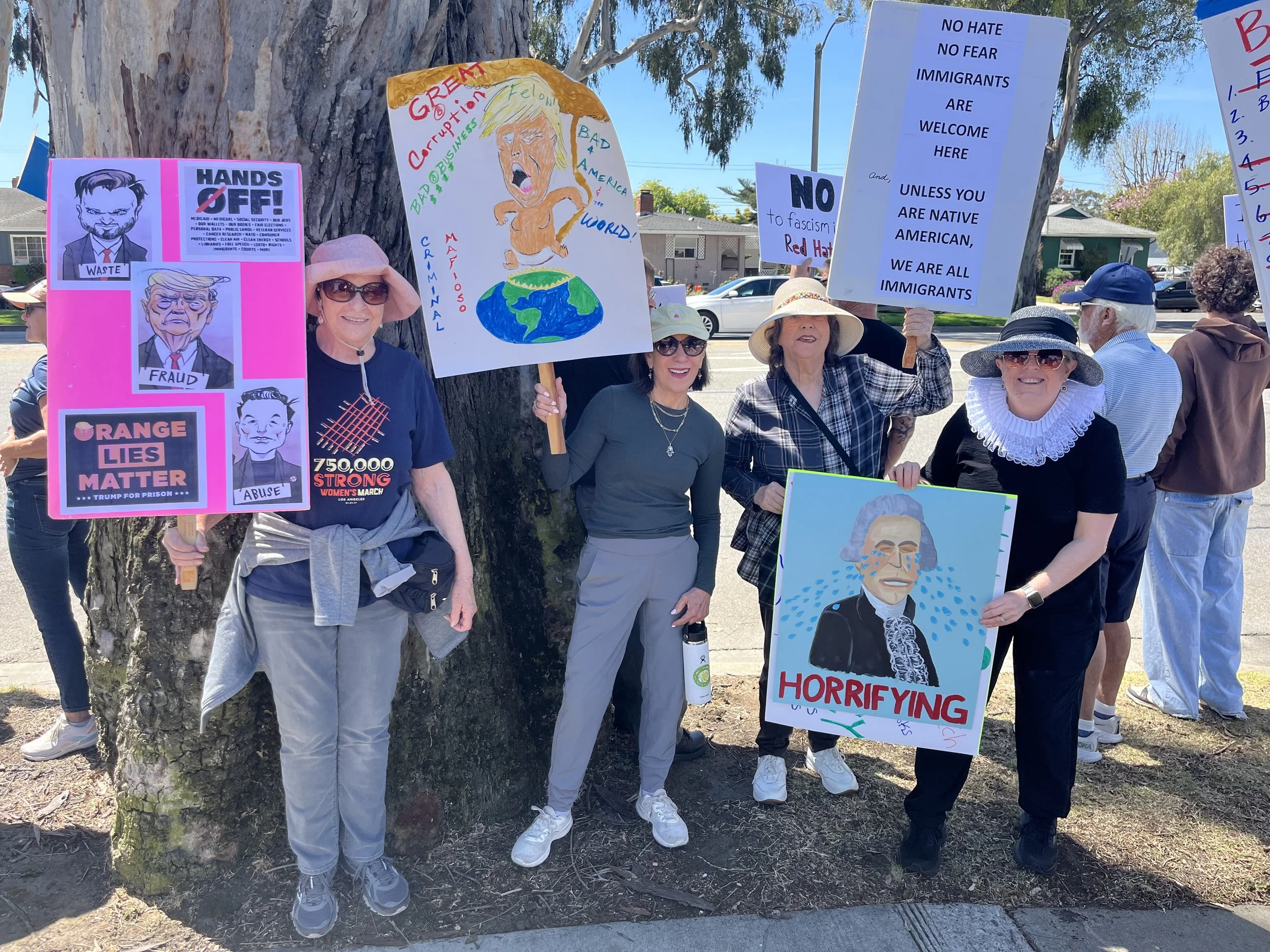
Make a difference!
Our November Club Meeting Video of Dr. Pape Discussion
World-Renowned Political Scientist & Acclaimed Author Dr. Robert Pape spoke at the PV Democrats November 16, 2025 Meeting
The speaker, a seasoned expert in political violence and national security, warned that the United States is entering a dangerous era of “violent populism,” a condition marked by historically high levels of political assassinations and growing public support for political violence on both sides of the political spectrum. Recent surveys conducted by the University of Chicago show that nearly 30% of Republicans supported use of the U.S. military to suppress Democratic protesters, and a similar number of Democrats supported using force to remove Donald Trump from office. Those numbers are double the level of support seen just a year ago. This escalation, combined with aggressive deportation operations in major cities like Chicago and Los Angeles, is creating spirals of violence between protesters and federal agencies, fueling fear and instability.
The speaker emphasized that these trends could culminate in a constitutional crisis during the 2026 midterms, where political violence might be exploited to invalidate election results. Historical parallels, such as the late 1960s unrest that helped elect Richard Nixon, suggest that rising violence could strengthen authoritarian tendencies rather than weaken them. To counter this, the speaker urged leaders to lower the temperature, discourage violent responses, and focus on winning elections decisively by appealing to blue-collar voters through economic messaging rather than identity politics. A broad margin of victory, rather than a narrow one, is critical to prevent scenarios where force could be used to overturn results.
On foreign policy, the speaker criticized the Trump administration for deepening global quagmires rather than resolving them. Conflicts in Gaza, Ukraine, and Iran remain unresolved, and new tensions—such as the deployment of U.S. military assets near Venezuela—risk further instability. Tariff policies are alienating allies and strengthening China’s position globally. These foreign policy failures, combined with domestic unrest, are creating fractures within the MAGA movement, which may lead to even harsher deportation measures as a unifying tactic. The overarching message was clear: political violence is the greatest threat to American democracy, and mitigating it requires strategic messaging, grassroots engagement, and a commitment to moderation.
Upcoming Events
State Senate Candidate Forum and Meet & Greet
Pacific Unitarian Church, Rancho Palos Verdes
Sunday, December 7 @ 11:30 am
Club News
-

Rob Weiner Addresses Threat to Voting Rights in America
Our October 2025 club meeting featured Robert Weiner, whose distinguished career reflects decades of service at the highest levels of American law and government. Mr. Weiner discussed the current state of voting rights in America, examining both the threats that imperil democratic access and the strategies available to ensure an inclusive and fair electoral system.
-

PV Democrats Featured in PV Magazine
A recent article in the Palos Verdes Magazine featured our 2025 Annual Picnic. To see the article, click here.
To our Meeting Report, watch the video, and see photos, click below.
-

PV Democrats Board of Directors Votes to Endorse CA Redistricting Proposition
The Board of Directors for the Palos Verdes Democrats joins with the California Democratic Party in endorsing Proposition 50.
Tell us what you think
-

Remembering Teresa Savo
The Palos Verdes Democrats is sad to pass on news of the passing of a dear friend and dedicated Democrat, Teresa Savo.
-

Our Favorite Signs from the April 5 2025 Hands Off! Rally
Members of the PV Democrats attended the Hands Off! Rallies on April 5, 2025 in both the Torrance Civic Center and Downtown LA. See some of our favorite signs by clicking the button.